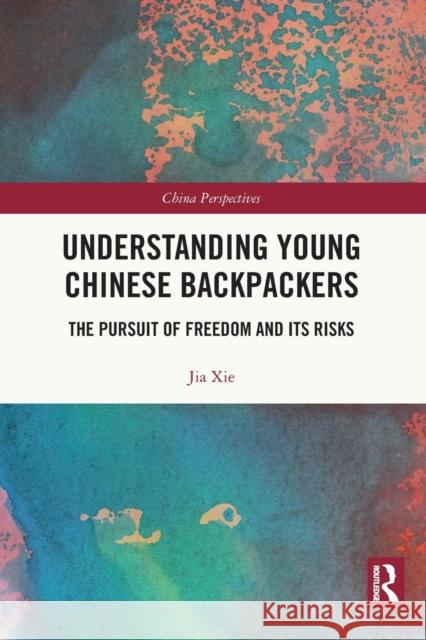Understanding Young Chinese Backpackers: The Pursuit of Freedom and Its Risks » książka
Understanding Young Chinese Backpackers: The Pursuit of Freedom and Its Risks
ISBN-13: 9781032040059 / Angielski / Miękka / 2023 / 134 str.
Understanding Young Chinese Backpackers: The Pursuit of Freedom and Its Risks
ISBN-13: 9781032040059 / Angielski / Miękka / 2023 / 134 str.
(netto: 185,01 VAT: 5%)
Najniższa cena z 30 dni: 186,33
ok. 22 dni roboczych
Dostawa w 2026 r.
Darmowa dostawa!
An activity that originated in Western societies, backpacking has gained increasing popularity among Chinese millennials. In a spirit of the ‘search for self’, young Chinese backpackers have sought to display their pursuit of freedom, independence and responsibility within an increasingly individualised society through backpacking.This volume investigates contemporary young Chinese persons’ views on backpacking culture and backpackers. A group of Chinese backpackers are studied using interview and participant observation, and focus groups are conducted to study young professionals’ and university students’ attitudes towards backpacking. The results indicate a profound cultural change along with a degree of division. On the one hand, the backpackers often begin their journey due to a desire to pursue freedom, and use the pursuit as a process of reflexive awareness; on the other hand, the risks of pursuing a freewheeling lifestyle within an individualised society drive the majority of them to return home. The author concludes that this phenomenon is a kind of ‘staged individualism’, describing how Chinese millennials strike a balance between individual interests and wider social obligations.Students and scholars of sociology tourism, and youth culture will be interested in this volume.
An activity that originated in Western societies, backpacking has gained increasing popularity among Chinese millennials. In a spirit of the ‘search for self’, young Chinese backpackers have sought to display their pursuit of freedom, independence and responsibility within an increasingly individualised society through backpacking.
This volume investigates contemporary young Chinese persons’ views on backpacking culture and backpackers. A group of Chinese backpackers are studied using interview and participant observation, and focus groups are conducted to study young professionals’ and university students’ attitudes towards backpacking. The results indicate a profound cultural change along with a degree of division. On the one hand, the backpackers often begin their journey due to a desire to pursue freedom, and use the pursuit as a process of reflexive awareness; on the other hand, the risks of pursuing a freewheeling lifestyle within an individualised society drive the majority of them to return home. The author concludes that this phenomenon is a kind of ‘staged individualism’, describing how Chinese millennials strike a balance between individual interests and wider social obligations.
Students and scholars of sociology tourism, and youth culture will be interested in this volume.











